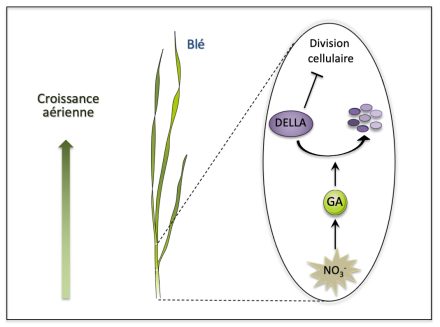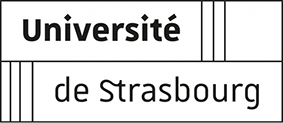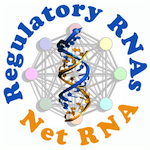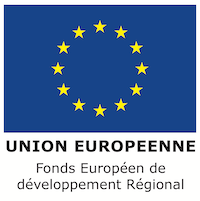The application of nitrogen fertilisers has led to a considerable increase in seed harvests, but also in the height of cultivated plants through an unclear mechanism. An international study led by Patrick Achard reveals that nitrate activates plant growth, in part, through the synthesis of gibberellins. These phytohormones act by stimulating the degradation of growth repressors (DELLAs), a family of nuclear proteins that control the expression of a large number of genes. This regulatory mechanism allows the plant to adapt its growth to the availability of nitrate in the soil. This discovery explains at least in part why semi-dwarf wheats selected during the Green Revolution to prevent lodging are insensitive to the action of nitrate on growth. This study was published in the journal Current Biology on 5 October 2021.
Nitrate enhances plant growth by promoting the biosynthesis of gibberellins and destabilising the repressive DELLA proteins.
 Nitrate via a signalling cascade activates the expression of GA biosynthetic genes and thus increases GA production. The synthesis of these hormones will induce the degradation of DELLA growth repressors, a family of transcriptional regulators. By stimulating the degradation of DELLA proteins, nitrate activates cell proliferation, growth and thus the final height of the plant.
Nitrate via a signalling cascade activates the expression of GA biosynthetic genes and thus increases GA production. The synthesis of these hormones will induce the degradation of DELLA growth repressors, a family of transcriptional regulators. By stimulating the degradation of DELLA proteins, nitrate activates cell proliferation, growth and thus the final height of the plant.














